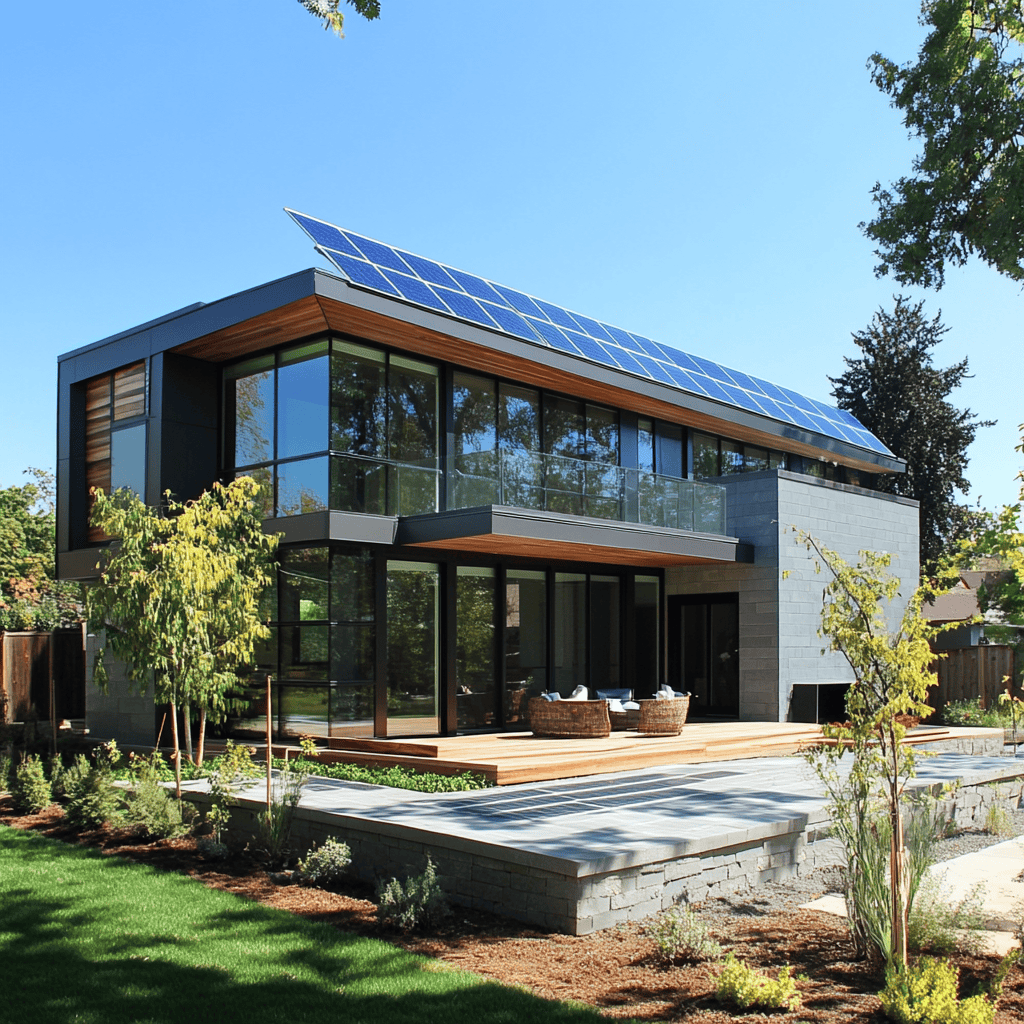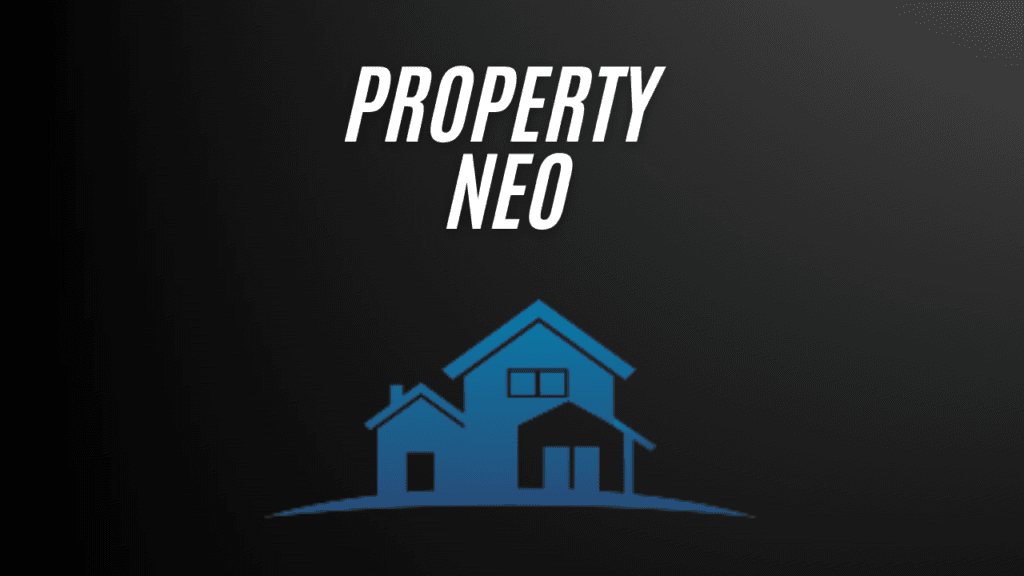Table of Contents
Is Solar Energy Right for Your Home? Key Factors to Consider
Switching to solar energy is an exciting step toward reducing your energy bills and embracing a more sustainable lifestyle. However, not every home is equally suited for solar power. Before you make the investment, it’s important to evaluate key factors like your roof condition, energy needs, local climate, and the financial incentives available in your area. Here’s a comprehensive guide to help you determine whether solar energy is the right choice for your home.
Roof Condition and Suitability
Your roof plays a critical role in determining if solar panels are a good fit. Assess the following factors to evaluate your roof’s suitability:
1. Roof Age and Condition
Solar panels typically last 25 years or more, so your roof should be in good condition before installation. If your roof is old or requires repairs, it’s wise to address those issues first. Replacing your roof after installing panels can be costly and inconvenient.
2. Roof Material
Most roof types, including asphalt shingles, metal, and tiles, can accommodate solar panels. However, some materials, like slate or wood, may require specialized mounting systems, which could increase installation costs.
3. Roof Orientation and Tilt
The direction your roof faces and its angle affect the efficiency of solar panels.
- South-facing roofs: Ideal for maximum sunlight exposure in the Northern Hemisphere.
- Tilt angle: A 15° to 40° tilt is generally optimal for capturing solar energy.
If your roof isn’t ideally oriented, ground-mounted systems or solar trackers can be alternatives.
4. Shading
Shading from trees, buildings, or other structures can significantly reduce solar panel efficiency. Conduct a shading analysis to determine if your roof receives sufficient sunlight throughout the day.
Energy Needs and Consumption
Understanding your household’s energy consumption is essential for designing an effective solar system.
1. Assess Your Energy Usage
Review your electricity bills to determine your average monthly usage in kilowatt-hours (kWh). Homes with higher energy needs benefit more from solar power, as the savings on electricity bills can quickly offset installation costs.
2. Future Energy Demands
Consider any upcoming changes that could affect your energy consumption, such as adding an electric vehicle, upgrading appliances, or expanding your home.
3. Off-Grid or Grid-Tied Systems
Decide whether you want a grid-tied system (connected to your local utility) or an off-grid system with battery storage. Grid-tied systems are more affordable and allow you to sell excess power back to the grid, while off-grid systems provide greater independence.
Local Climate and Sunlight Availability
The amount of sunlight your location receives directly impacts the effectiveness of solar panels.
1. Sunlight Hours
Regions with high solar exposure, such as the Southwest United States, are ideal for solar energy. However, even cloudy or less sunny areas can still benefit from solar power, as panels can generate electricity in indirect sunlight.
2. Seasonal Variations
Understand how seasonal changes in sunlight affect energy production. For instance, winter months may produce less energy, so pairing your system with a battery can help store energy for later use.
3. Weather Conditions
Durability is key in areas with extreme weather. Modern solar panels are built to withstand high winds, hail, and snow loads, but it’s essential to choose panels rated for your local conditions.
Financial Incentives and Affordability
Solar energy is more affordable than ever, thanks to various financial incentives that reduce upfront costs and accelerate return on investment.
1. Federal Tax Credits
In the United States, the Investment Tax Credit (ITC) allows homeowners to deduct 30% of the cost of installing a solar energy system from their federal taxes. This incentive is available through 2032.
2. State and Local Incentives
Many states and municipalities offer additional incentives, such as rebates, property tax exemptions, or sales tax reductions. Research programs available in your area to maximize your savings.
3. Net Metering
Net metering allows homeowners to sell excess solar power back to the grid, reducing electricity bills further. Check if your utility company offers this program and the terms of compensation.
4. Solar Financing Options
If the upfront cost of solar panels is a concern, explore financing options such as:
- Solar Loans: Low-interest loans specifically for solar installations.
- Leases or Power Purchase Agreements (PPAs): Rent solar panels or pay for the energy they produce without owning the system outright.
Environmental and Long-Term Benefits
Beyond financial savings, solar energy offers numerous environmental and lifestyle benefits:
- Reduce Your Carbon Footprint: Solar power significantly decreases reliance on fossil fuels.
- Increase Home Value: Studies show that homes with solar panels sell for higher prices and spend less time on the market.
- Energy Independence: Generating your own electricity reduces dependence on fluctuating utility rates and grid outages.
Is Solar Energy Right for Your Home?
To determine if solar energy is the right choice for your home, ask yourself these questions:
- Is your roof in good condition, properly oriented, and free from significant shading?
- Does your household have consistent or increasing energy needs?
- Does your location receive adequate sunlight for most of the year?
- Are financial incentives available to reduce installation costs?
- Are you committed to long-term savings and environmental sustainability?
If you answered yes to most of these questions, solar energy is likely a great fit for your home.

Conclusion
Switching to solar energy is an investment in your home, your finances, and the planet. By carefully considering factors like your roof condition, energy needs, local climate, and available incentives, you can make an informed decision about whether solar power is right for you. With the right setup, solar energy can provide long-term savings, increase your home’s value, and help you live a greener, more sustainable life.
Additional Resources
Learn more about how your house works.

